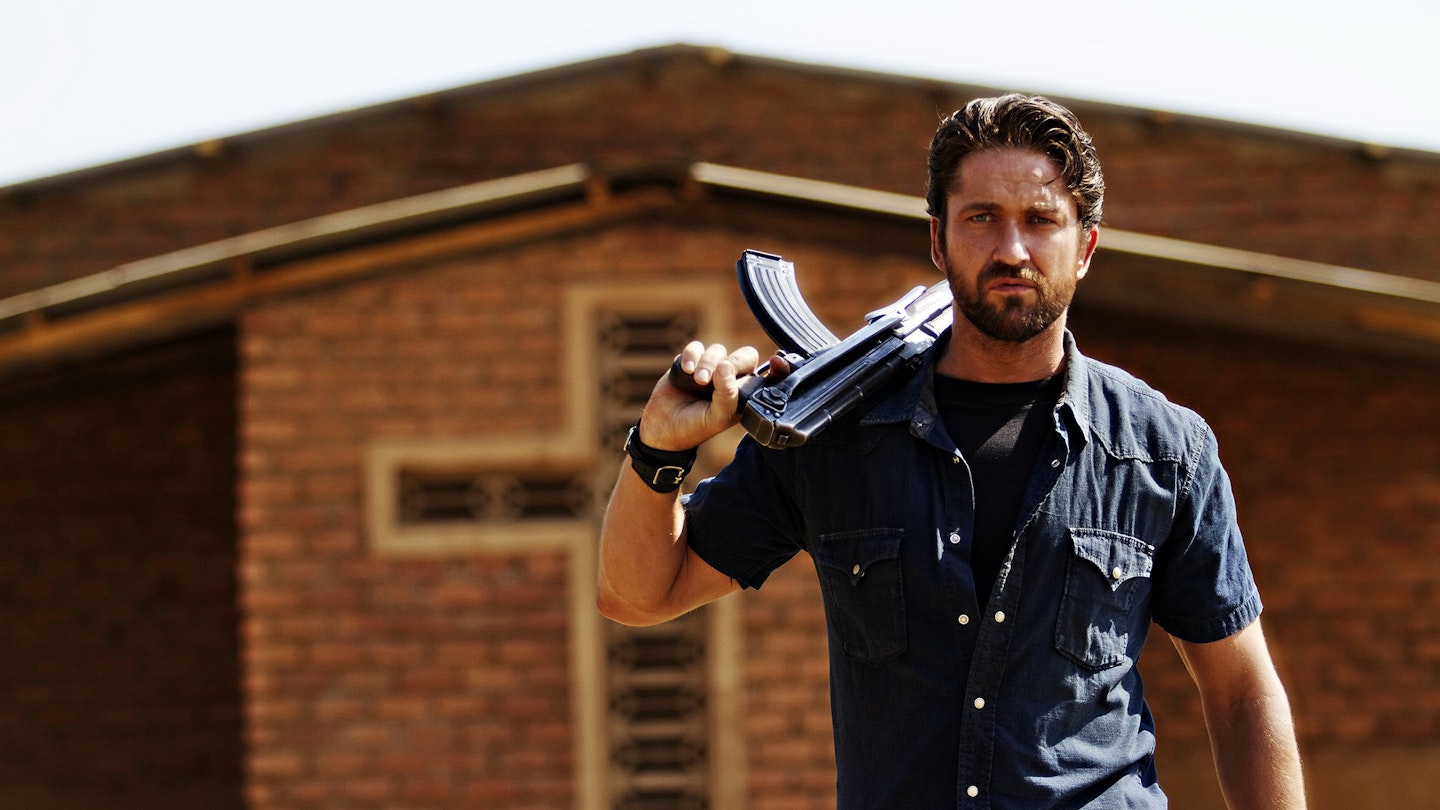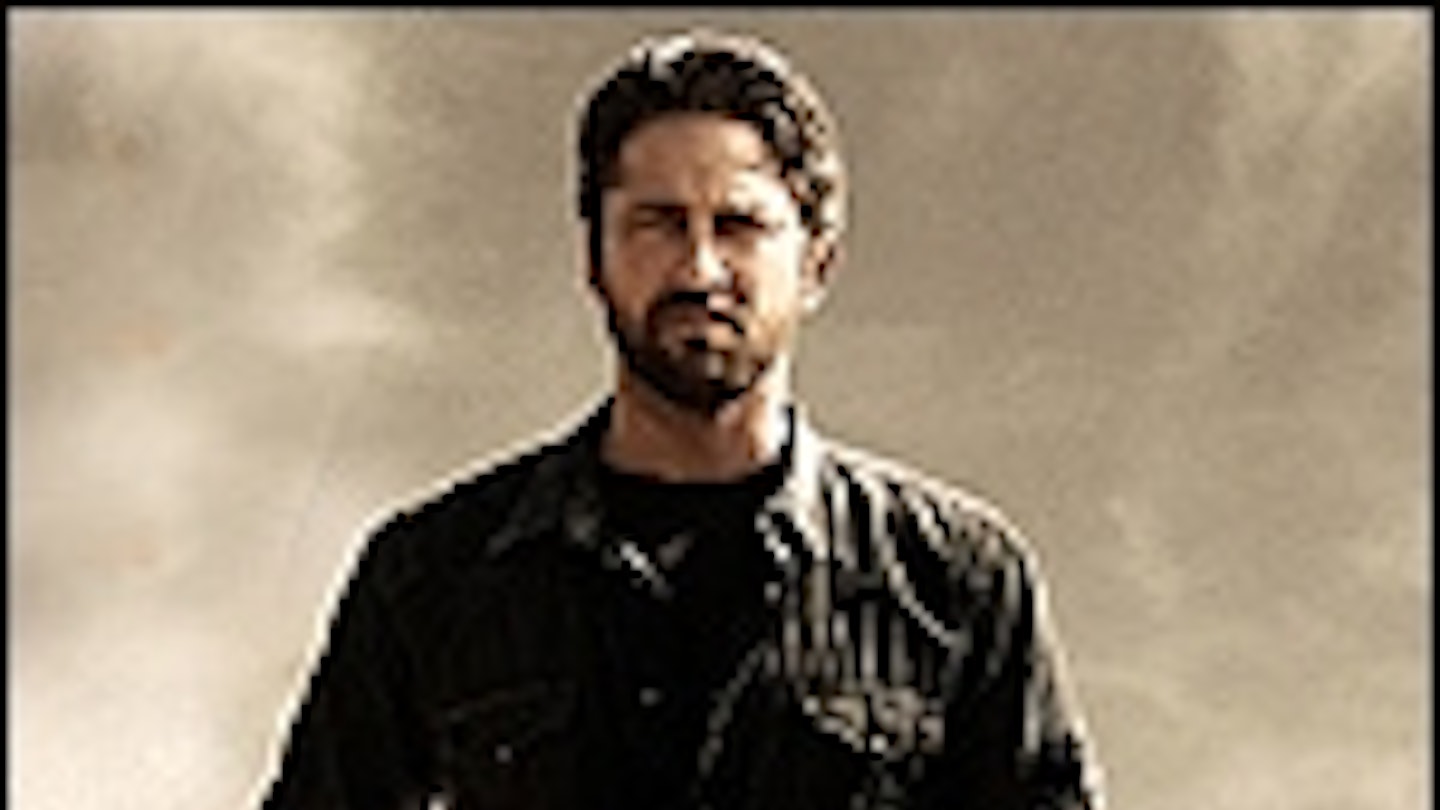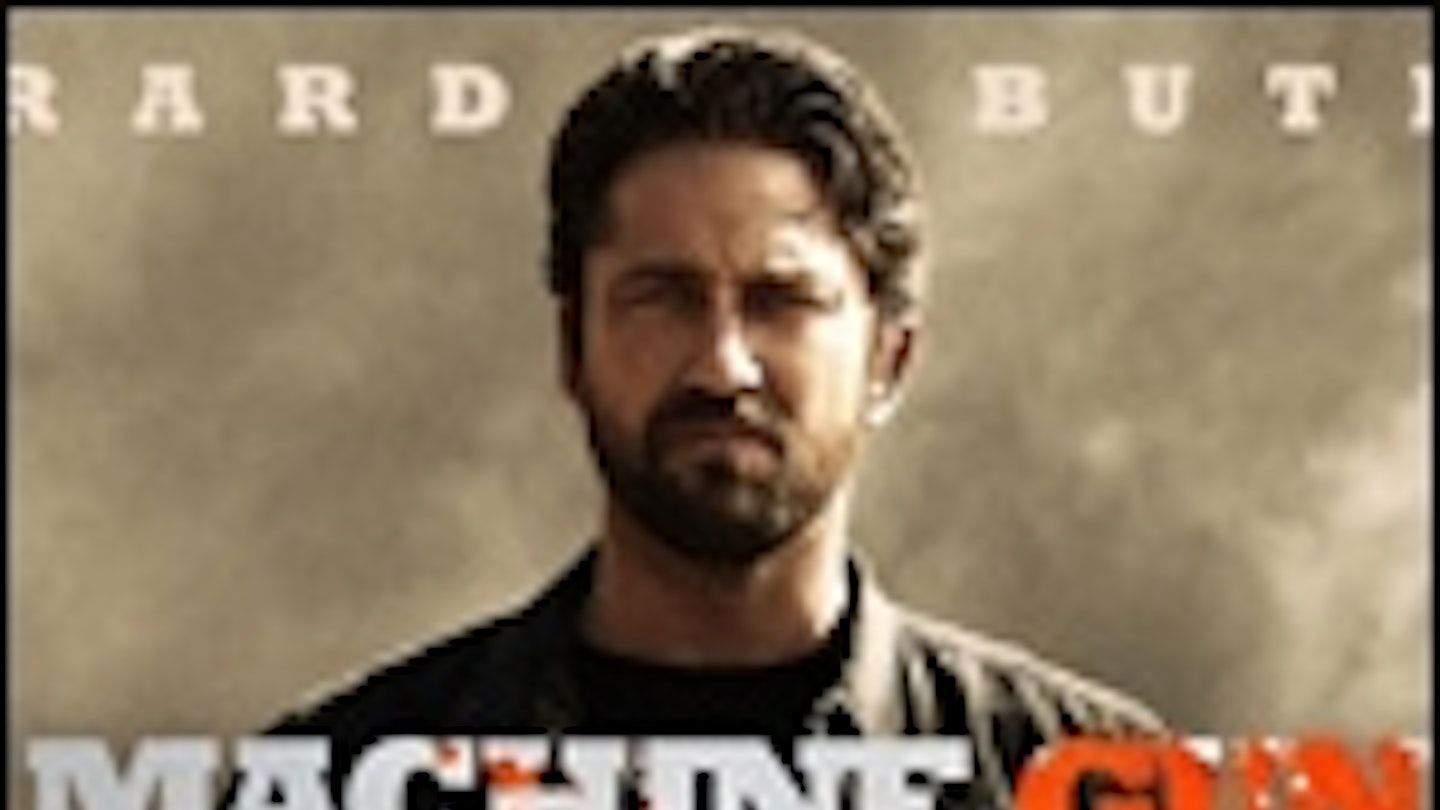German-born, Swiss-raised director Marc Forster has enjoyed mixed fortunes since his stunning breakthrough, Monster’s Ball, his output ranging from an ignominious flop (Stay) to a largely unloved Bond film (Quantum Of Solace), via the moderately successful meta-malarkey of Stranger Than Fiction, in which a made-up character discovers the horrifying truth about himself. Forster was on winning form with Finding Neverland, a story about a writer of fiction which played fast and loose with the facts of its subject’s life. Machine Gun Preacher, while also based on a true story, is an altogether more prosaic affair, even though there’s nothing ordinary about the life it dramatises.
Fresh out of jail for something he most likely did do, Sam Childers becomes violently angry when he discovers that his wife (Michelle Monaghan) has traded lap-dancing for Bible-thumping. With no intention of following the same path, Sam meets up with his junkie friend Donnie (Michael Shannon) to plan their next drug-addled robbery — with deadly consequences. This puts Sam on a spiritual journey of his own, ultimately leading to war-torn Sudan, where he befriends a local militia fighting the terrifying LRA (Lord’s Resistance Army), whose murderous ways make the infamous Khmer Rouge look about as dangerous as Glee’s warblers. Employing the same deadly skills he once used as a violent criminal, Sam becomes a self-styled Rambo figure, on a mission from God, convinced that the end (saving lives) justifies the means (taking lives). Not so much Mother Theresa as Bad Muthafucka.
Gerard Butler may be the only man who could truly do justice to a larger-than-life figure like Sam Childers — of course, we get the now obligatory (or cliché, depending on your perspective) footage of the real-life Childers over the end credits. To his credit, Gerard Butler throws everything he’s got into the role, and is never less than convincing. A more accomplished actor, however, might have helped the film transcend the limitations of the episodic and rather pedestrian screenplay. Instead, it’s up to Forster to deliver the goods, and he does so only sporadically. It’s a fascinating, worthwhile and competently told story, but it could so easily have been much more.



